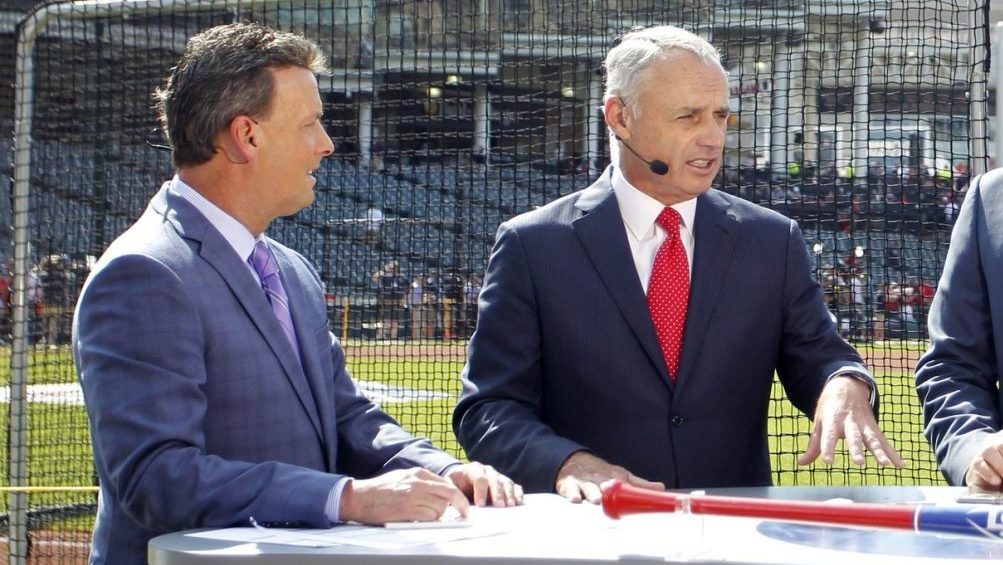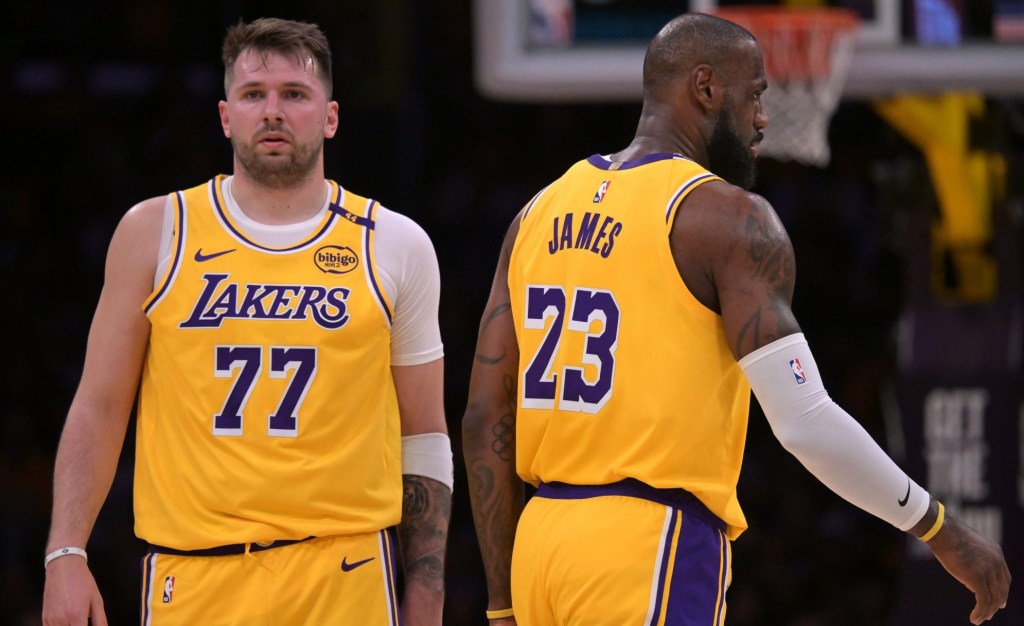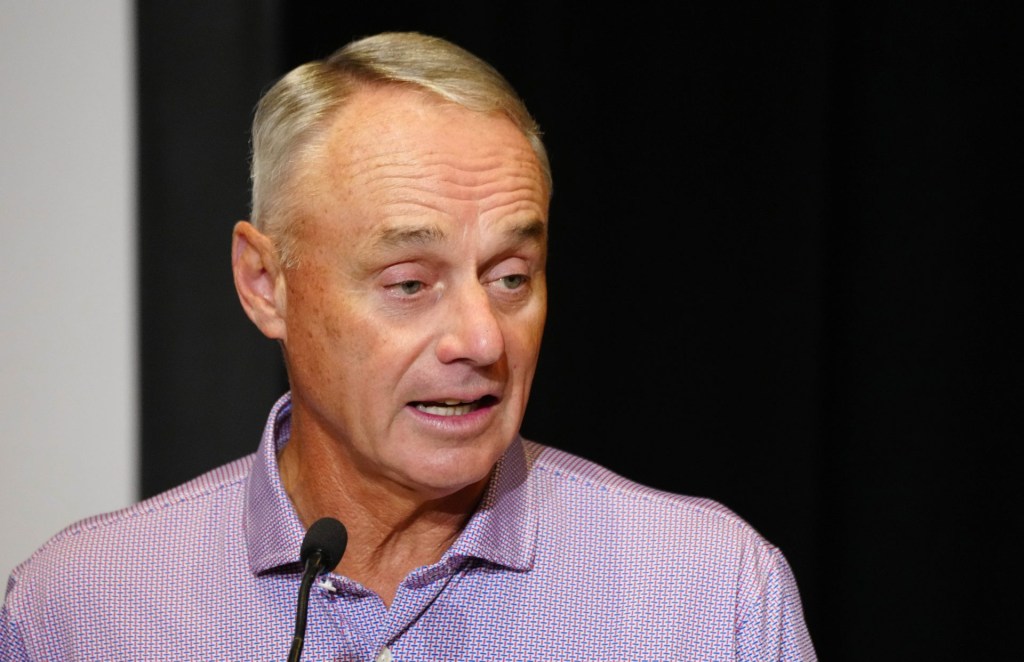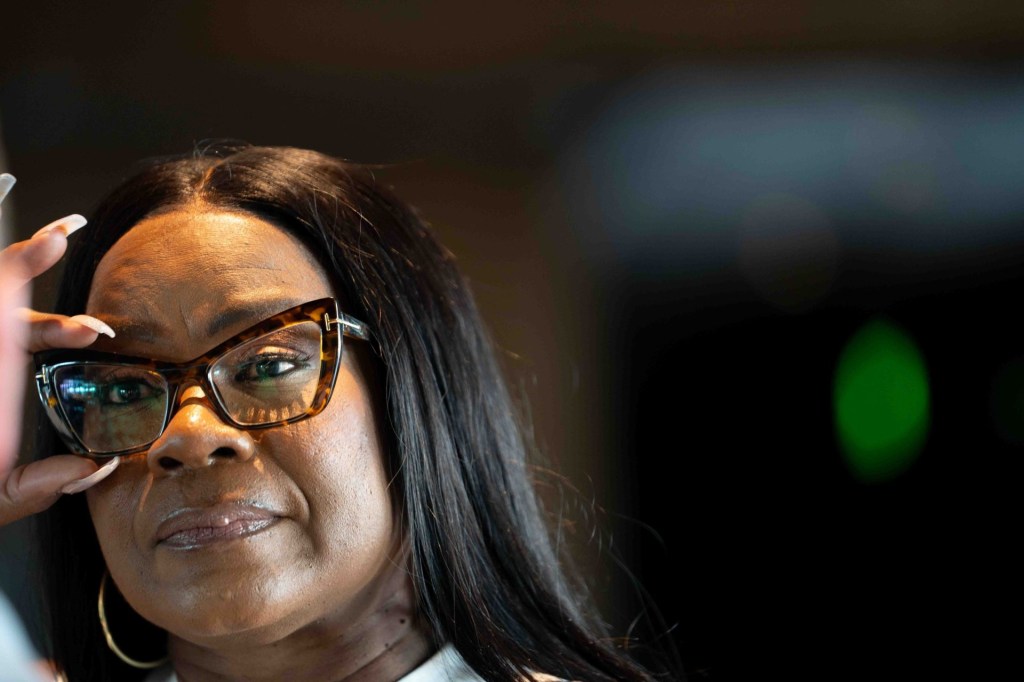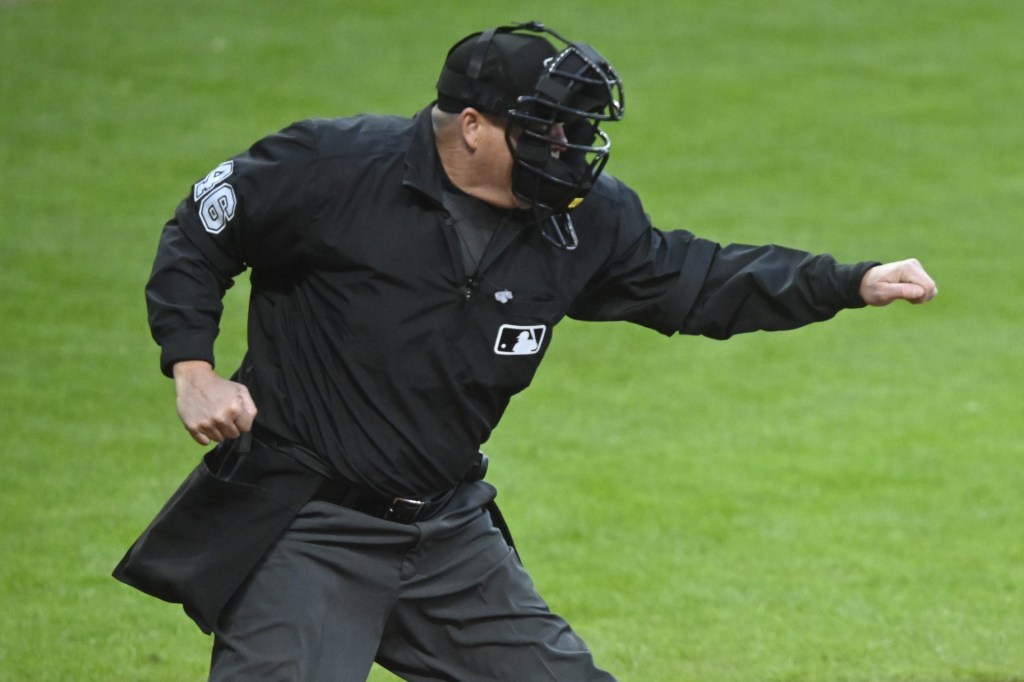By: Adam White, @FOSAdam
Front Office Sports is proud to have sat down with Simon Rines, Owner of International Marketing Reports. IMR is a specialist publisher in sports marketing and sponsorship that publishes Europe’s best selling sponsorship report, Driving Business Through Sport. A high school grad with no college degree, Simon, used his work ethic, determination and experience to make it where he is today. He was gracious enough to sit down and offer up his insight on what it is like to own your own business, the future of sponsorship and why you need to be focused and determined to succeed in this industry.
What previous positions did you have before your current position? How did they help you get to where you are today?
My first area of work was in staging and production of corporate events. I was part of a team that put together product launches, corporate conferences etc. I worked for a couple of agencies doing this and then had an in-house role managing the events for the UK’s tourist promotion organization, the BTA (British Tourist Authority).
At that time, I started writing (freelance) for publications about the conference and events business. I enjoyed this and decided to go full time as a freelance journalist. This led to a lot of work on all sorts of publications including sport and leisure, but I was mainly working for marketing titles.
I was approached by a global publisher looking for a major report on sponsorship in Europe. It was a year-long job and I was to be paid mainly on commission of sales. Just when I was ready to hand over the manuscript (the title was ‘Driving Business Through Sport’), they told me that they were selling their reports business. I went to see the new publisher who told me he didn’t have time to read my manuscript for a month or so. It was not a good feeling given the time I had invested, so I negotiated the rights back.
At first I didn’t know what to do, then it dawned on me that I’d spent the past decade researching marketing — I should be able to create a marketing campaign to sell a report. I set up IMR Publications and after a year Driving Business Through Sport was the best-selling report on the subject ever produced. It was not because I was a genius, it was because I dedicated a year to selling — and I researched and used ideas that I learned from other people.
As Owner of IMR what is a normal day like for you? What daily challenges did you face?
Time is the biggest issue. As a business owner, there are many different tasks to oversee and do. They include admin (a pet hate!), marketing, web development and planning/ creating new content. We also offer consultancy services, so occasionally I’ll be at work on a one-off project. The biggest challenge therefore is to organize my day and to prioritize the most important jobs.
What traits does a sports industry professional need to excel in today’s sports marketing landscape?
I think that varies depending on the role. The one thing that I have noticed in all business areas, that I’ve worked in, is that the people who are focused and determined tend to succeed the most — more so generally than people who are highly intelligent and creative but lack focus. The ideal is to have all attributes, but that is rare. I think that the other key is to identify the area where your passions lie — there’s no point in spending your career doing something you don’t like (we only get one life!), so find out what you enjoy and you’ll be better at it than something you don’t enjoy.
On top of that the key traits are a thirst for knowledge, a good memory and being at ease networking and meeting new people.
What is the best career advice you’ve received?
Very simple: make a list of five things you want to achieve each day and focus on them.
What are some tips you have for someone who wants to be successful in today’s sports industry specifically the marketing and sponsorship aspect?
Be imaginative. Over the years we have studied (in our reports) and worked for sports rights holders. Our area of interest is in helping to develop commercial revenues — particularly through sponsorship, third party tie-ins, community programs, fan engagement etc.
It never ceases to amaze me how even some of the world’s biggest rights holders have such an unprofessional and unimaginative approach to the subject. It probably sounds arrogant, but believe me, this is the case. I find that most commercial managers do the minimum expected and then effectively stop. They don’t consider — ‘OK, now how can I help this sponsor to get most from the partnership — and how can we benefit further from that? How can I create new rights and projects where they don’t exist? How can I maximize the value of the rights I’m selling and make them really attractive?’
I’ll just give one small example. We did some work with a small UK soccer club. They were basically selling perimeter boards and shirt sponsorship and that was pretty much it. Among many new projects, we created a project with a local newspaper where the paper agreed to give the club a pull-out center spread every week as a kids soccer supplement. All the club had to do was create the content for three of the four pages. On the fourth page the club was free to sell the advertising space.
We then went to local schools and asked them if — in rotation — each week they would produce three pages — they loved it — we gave ideas and guidelines, but the kids got a huge amount out of creating cartoons, Q&As with the players, anti-bullying messages etc. The club earned money from advertising, enhanced its profile in the community and started talking to a new generation of fans. The kids had the opportunity to do something exciting and could show everyone that they had created something for the local paper — a huge deal for them.
The newspaper got free content, started engaging with its next generation of readers and also got the kids’ pester power for parents to buy the paper. Everyone benefitted — there were no rights to sell in the traditional sense, but we created some. So think — who can I work with and how?
What is your favorite part about working in the sports industry?
Going to events and meeting peers. Working in the events industry and as a journalist, the people you networked with were a bit like a cross section of society: some friendly, some not. For some reason, the sponsorship industry seems to be packed with really nice, friendly people. It’s great to go along to conferences and have a catch up or meet new people — and I also learn a lot and return to the office inspired.
How important is networking in your eyes?
Very important. Ultimately we are all in the business of selling — whether its sponsorships, TV rights, tickets to fans or reports and consultancy services. You sell to people, not organizations, so developing relationships is vital. But it is possible to network online. It’s not ideal, but what might start as a simple discussion on LinkedIn could develop into a Skype and before long you’re doing business with the person.
How do you think sports marketing/sponsorship is going to change over the next few years? What changes would you like to see?
I think it will get more professional — it already is. In Europe, for example, the European Sponsorship Association has introduced a Diploma course and this is proving to be very successful. I think that I would like more marketing/creative people to join rights holder organizations.
At the moment, there are still too many of what I call ‘Blazers’ running sports organizations. They tend to be very conservative in their approach and their primary objective seems to be getting through the year without causing any controversy. We need people running sports that are business-minded, but also creative, innovative and have integrity. There are some out there and they are doing a great job — but they are the exception.
The other big change is that obviously everything will continue getting more ‘electronic’ — and I think data will play an increasing important part. Most sport clubs, for example, have separate databases for their store, ticketing, hospitality, membership etc. There will be much greater and more efficient use of this data.
What has been the highlight of your career so far?
Difficult one — Succeeding in out-selling major international publishers when I started the business in a backroom felt like a huge achievement. There was a point where I was worried that I’d made a huge mistake and wasted over a year of my life.
There was a day about three months after launching that first report where I sold 8 copies in a day (at $795 each), when I realized that I hadn’t made a mistake after all. I think though, the highlight was being asked to chair the annual Marketing Week Sponsorship Conference in the UK, it was a big honor as it felt that I was being valued by the industry and my peers.
What is one thing as a company that you are always trying to do for your clients?
Offer service that goes beyond what the client expects. Whether it is creating a report that has more and better content than they think they are going to get, or whether delivering faster than they expect, it feels good to give good service and it makes business sense too. I remember, in the days when we used to print reports! We had an order from a client in central London at about 11.00 a.m. I was just on my way to a meeting about a block away from the client so I dropped it off on the way at about 11.20 a.m. They had the printed report in their hands within 20 minutes of faxing through their order. We got a lot of repeat business from that client.
